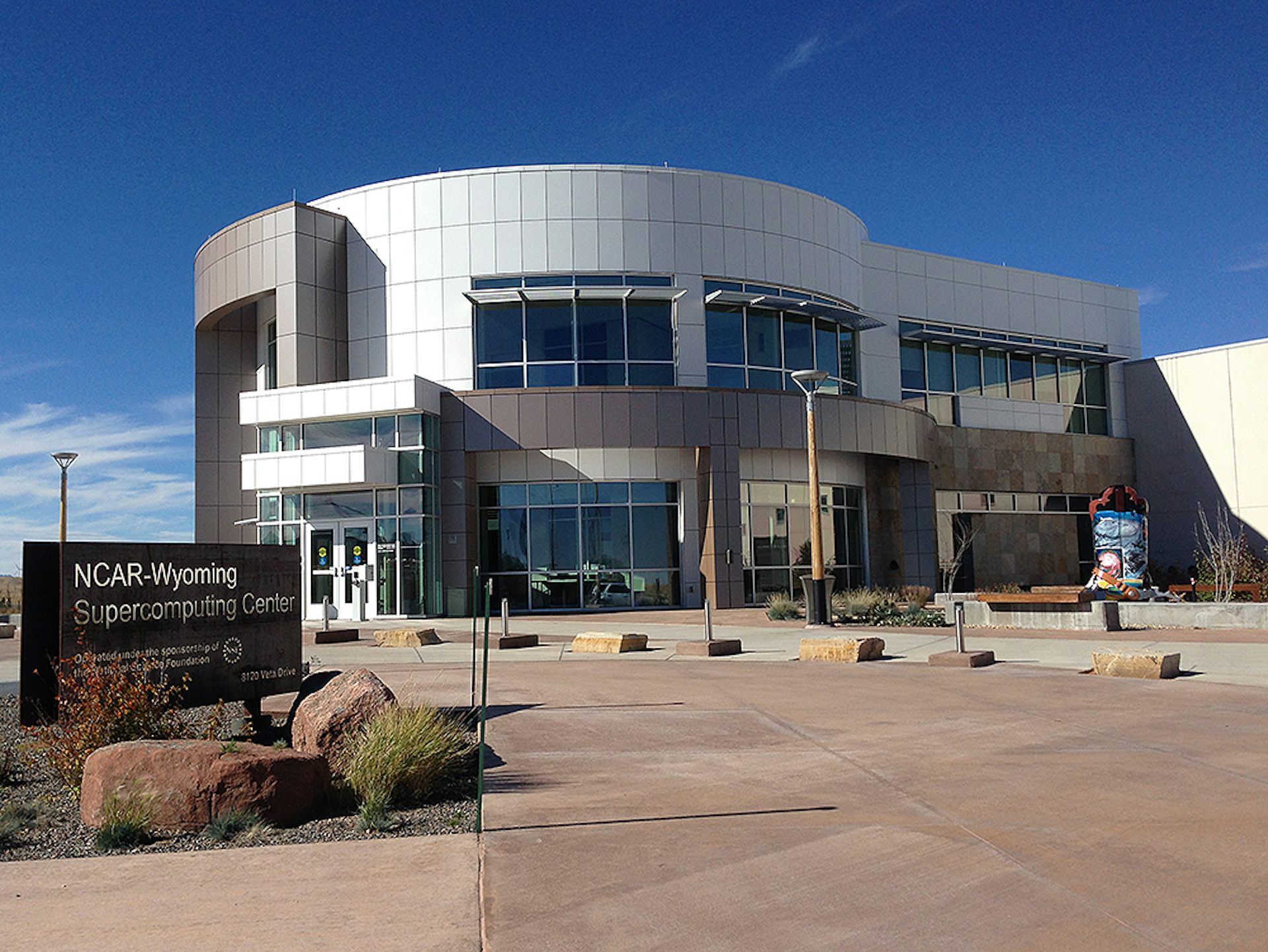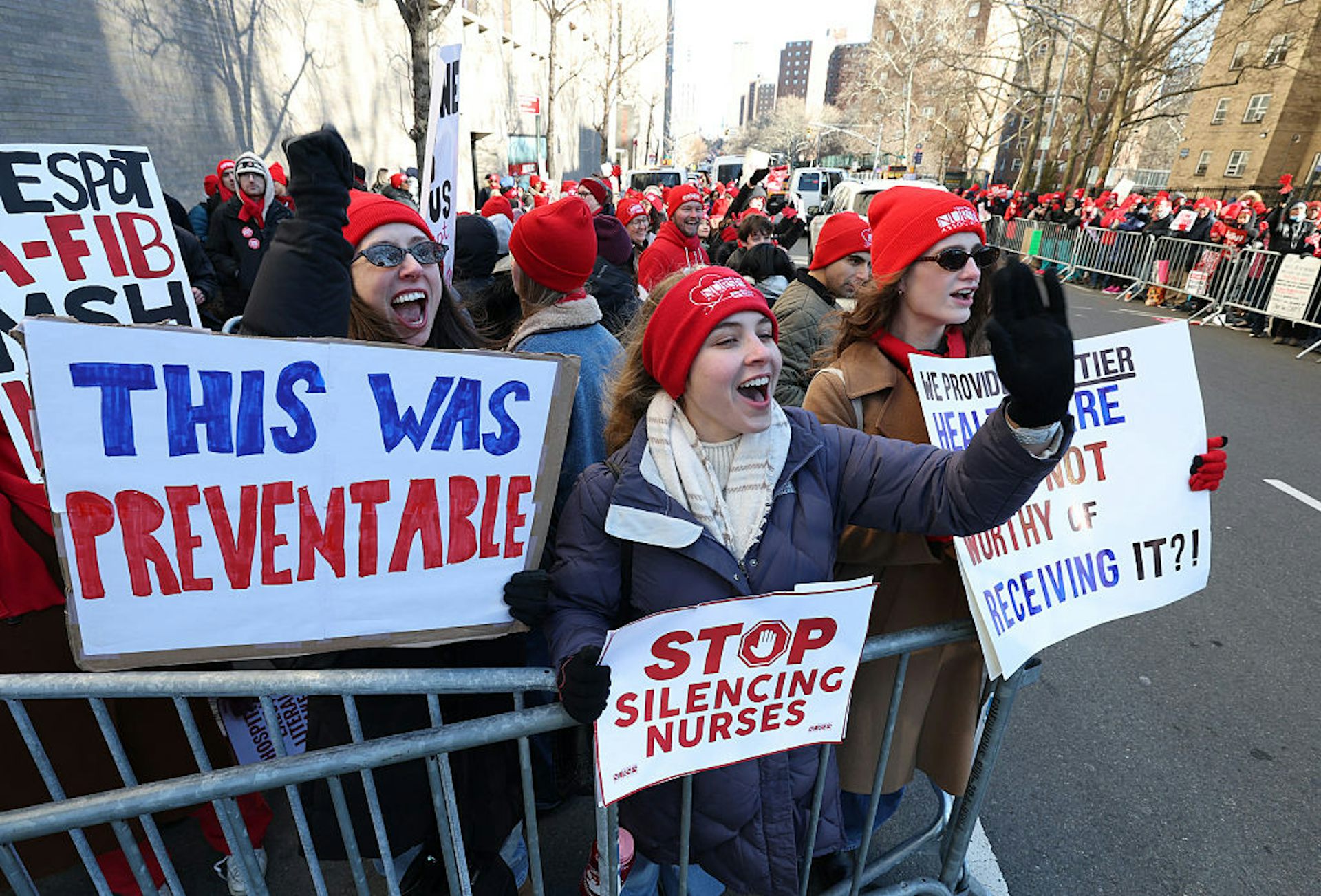Digital contact tracing's mixed record abroad spells trouble for US efforts to rein in COVID-19
Effective national leadership and trust in government appear to be prerequisites for countries to achieve widespread digital contact tracing.
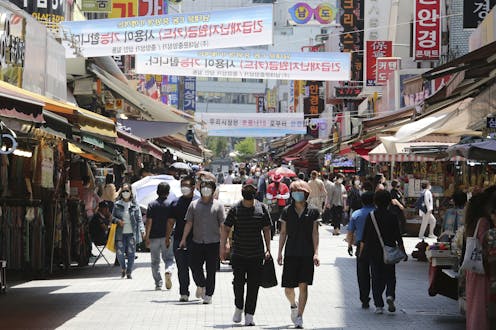
Two public health measures – testing, to identify those infected, and contact tracing, to identify those who may have encountered an infected person – have become essential as countries around the world reopen their economies and fresh surges of COVID-19 infections appear.
Even as testing ramps up, contact tracing with a wide enough net remains a daunting task. Contact tracing involves public health staff conducting interviews with infected people. Public health experts are calling for 180,000 more contact tracers, but progress on contact tracing has not been going well, according to Dr. Anthony Fauci, the head of the National Institute of Allergy and Infectious Diseases.
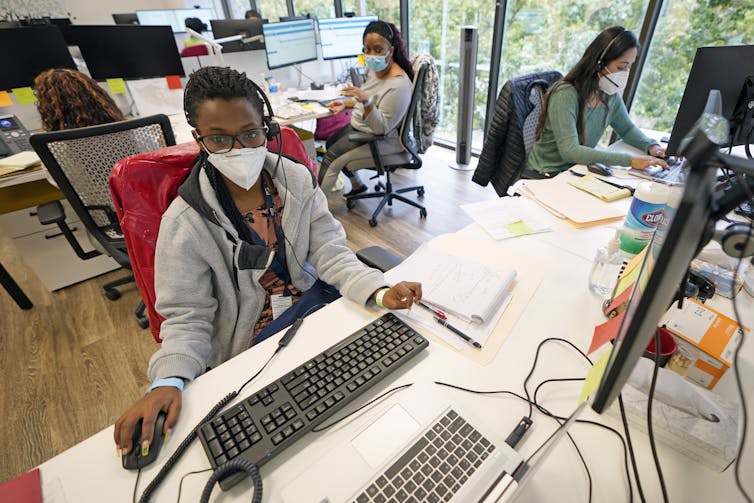
Enter digital innovations that offer a tantalizing promise: to automate the laborious task of alerting people who have been exposed to the virus. Numerous governments have championed such apps as a means of augmenting manual contact tracing. As an economist who tracks digital technology’s use worldwide, I’ve found that the experiences of these countries reveal challenges to getting enough people to use the apps. Unfortunately, these challenges appear to me to be all but insurmountable in the U.S.
Privacy and trust
Contact tracing apps detect when a smartphone is in the presence of another app-enabled smartphone whose owner has tested positive for SARS-CoV-2.
These apps come in two types. One mimics traditional contact tracing by uploading to a central public health server the ID numbers of smart phones that have been close to an infected person’s smart phone. Depending on the app, public health authorities can be notified of the smart phone owners’ identities.
The alternative is an “exposure notification” app that prioritizes privacy by using random numbers to ensure that no one can learn anyone else’s identity. All data are stored on the users’ phones. The Apple-Google collaboration supports these types of apps.
Initial enthusiasm for digital contact tracing was sparked by early successes in countries such as South Korea. Some countries, such as India, had to mandate it. Others, such as Germany had to reconsider its approach and change course.
[The Conversation’s newsletter explains what’s going on with the coronavirus pandemic. Subscribe now.]
South Korea’s, India’s and Germany’s experiences suggest a three-question test for gauging the potential of such apps: Does the government have its citizens’ trust, leading citizens to believe that the government is not collecting data or, if it is, will not misuse it? Are citizens willing to “pay” for improved health outcomes by accepting some loss of privacy? Are there events in the nation’s history that help shift the balance in favor of citizens’ willingness to share data?
South Korea: widespread voluntary adoption
Despite being hit early and hard by COVID-19, South Korea kept its number of deaths low by deploying contact tracing technology together with widespread testing. Its contact tracing arsenal included tracking apps paired with CCTV footage, travel and medical records and credit card transaction information.
Arguably, it has one of the most intrusive digitally aided tracking systems anywhere. The system shares locations of infected people, even with the media, and issues emergency text alerts.
All of this was widely accepted, except when intrusion crossed a line. When a COVID-19 cluster was linked to gay clubs and bars and led to calls to out people who visited such establishments, it raised concerns about discrimination against the LGBTQ community. The government stopped singling out particular clubs or bars in its alerts.
Why were Koreans willing to tolerate this level of official intrusion? The explanation can be traced to the country’s history. The previous administration had botched its response to the 2015 MERS outbreak, when it shared no information about hospitals visited by infected citizens. This led to public support for legislation giving health authorities access to CCTV and smartphone location data on infected citizens and the right to issue alerts.
India: partially mandated adoption
In preparation for reopening post-lockdown, the Indian government declared its Aarogya Setu contact tracing app to be mandatory for office workers, with police enforcement in some cases. But then, concerns mounted. The app had few privacy safeguards. It collected data using both GPS and Bluetooth technologies, stored it in centralized servers with no data protection law in place.
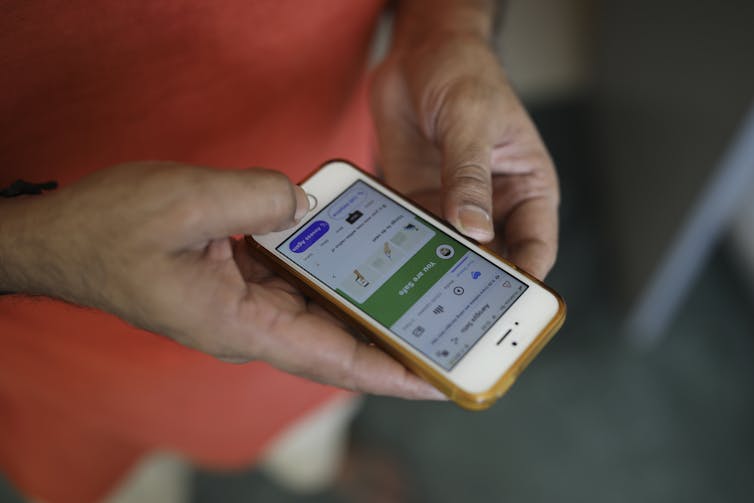
In response, the government switched the app from mandatory to “advisable,” with enough loopholes for organizations to set individual mandates. In addition, the app was uploaded to a public GitHub repository, which, in principle, opens the app – though not the data it collects – to public scrutiny.
Ironically, Prime Minister Narendra Modi enjoyed overwhelming public support even as the country endured the most stringent of lockdowns anywhere, with unspeakable hardships for many. However, the app stored citizens’ data on centralized servers, which compounded fears of digitally enabled state surveillance. Also, the app had been co-created by a ministry headed by Modi’s lieutenant, Amit Shah, who has a troubling history of abuse of power. All this made voluntary adoption difficult.
Germany: interrupted adoption
Germany had to stop and restart its digital contact tracing effort. The government launched a contact tracing app based on technology developed by a European initiative. However, a highly critical open letter from multiple experts raised fears of state surveillance because the data was stored centrally, and Apple refused to allow its iPhone operating system to work with it. As a result, the German government abandoned the centralized model for an Apple-Google-compliant decentralized alternative.
This U-turn occurred despite widespread confidence in Chancellor Angela Merkel, especially with her administration’s handling of the coronavirus response. Again, history provides a guide. Germans have lived through two notorious surveillance regimes: the Gestapo during the Nazi era and the Stasi during the Cold War.
Even with a decentralized, privacy-protecting approach, Germany’s new app is unlikely to achieve the level of adoption of South Korea’s. However, the government’s investment in an effective traditional contact tracing approach using public health staff to investigate contacts makes a digital alternative less urgent.
Prospects for digital contact tracing in the US
What do these cases say about adoption of digital contact tracing in the U.S., which leads the world in COVID-19 cases and deaths?
Americans’ trust in government is near an all-time low. Concerns about the government and tech companies accessing citizens’ data have been heightened in recent years with a string of revelations, from Edward Snowden to Cambridge Analytica, and citizens are worried about privacy breaches and misuse of data.
There is also no cohesive nationwide plan to deploy such apps. The White House, federal agencies and state governments have failed to champion them, which means that adoption rates are likely to be low and people won’t see enough value in using them to risk their privacy. Apps may appear in pockets – companies, college campuses, local communities – creating a fragmented, unreliable system of digital contact tracing.
In short, the U.S. is left relying almost entirely on tried-and-true though time-consuming and expensive manual contact tracing. As it stands, only seven states and the District of Columbia have sufficient numbers of contact tracers. Compliance is another challenge. Officials in Rockland County, New York have issued subpoenas to force people to cooperate with contact tracing efforts.
Ironically, the U.S. may need digital contact tracing more than any other country but appears to me likely to turn its back on the very lifesaving innovations it has helped develop.
Bhaskar Chakravorti has founded and directs the Institute for Business in the Global Context at Fletcher/Tufts that has received funding from Mastercard, Microsoft, the Gates Foundation, the Rockefeller Foundation, Omidyar Network and the Onassis Foundation. He is a Non-Resident Senior Fellow at Brookings India and a Senior Advisor on Digital Inclusion at the Mastercard Center for Inclusive Growth.
Read These Next
Detroit was once home to 18 Black-led hospitals – here’s how to understand their rise and fall
In the early 20th century, Detroit’s Black medical professionals created a network of health care…
From moral authority to risk management: How university presidents stopped speaking their minds
Nearly 150 universities and colleges have adopted institutional neutrality pledges since 2023.
Making sense of a chaotic planet: How understanding weather and climate risks depends on supercomput
Behind the long-term climate projections that affect our lives sits one of the most remarkable scientific…




